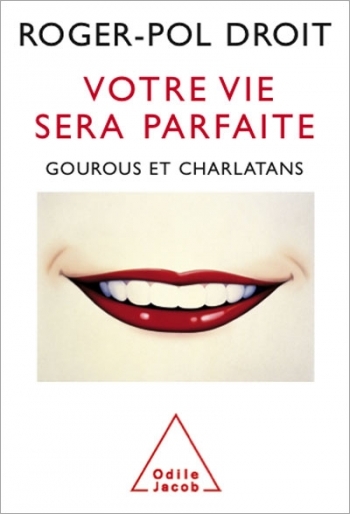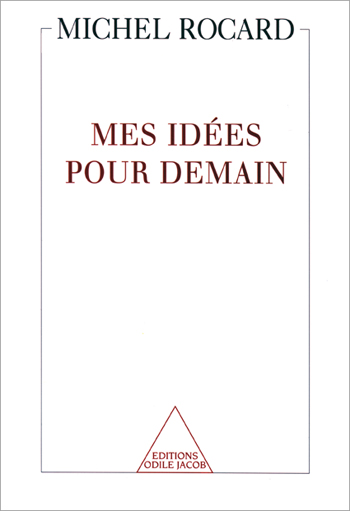Human Sciences All books
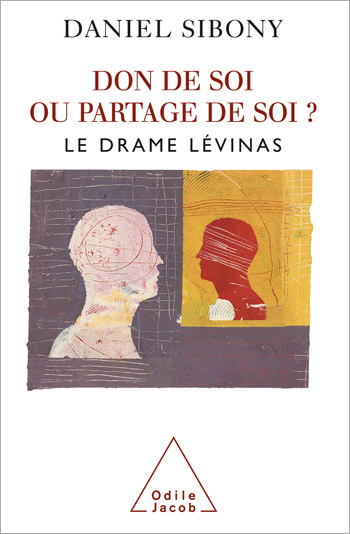
Daniel Sibony
Giving Yourself or Sharing Yourself ?
How can one be oneself without denying others? How can one consider others without negating oneself? How can one avoid the two extremes of complete selfishness and total self-sacrifice ? What if the ethics of the other, of responsibility for others which can lead us to risk our lives for others resulted not only in a dead-end (inefficient action, lack of action, justification of past actions) but also kept us from knowing ourselves and, consequently, others and the true nature of our relations with them? Daniel Sibony was trained as a philosopher and is a practising psychoanalyst.
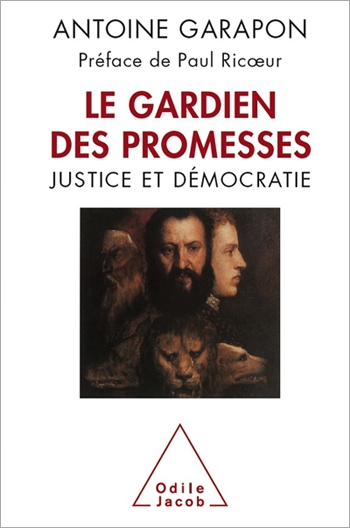
Antoine Garapon
The Guardian of Promises Justice and Democracy
The multiplying cases, the explosion of litigations, the sensational trials which catch the attention of the public : all are evidence of a growth in power of the judicial system, which we expect to be, at the same time, the arbiter of morals, the guarantee of public morality and responsible for the salvation of the people. But why dont we ask what things it cannot provide ? Isnt the idea of a judicial democracy just an illusion, which serves to hide serious problems ? The power of the judicial system is more worrying than exciting. It is an indicator of the discreditation of the State at the same time as a reduction in social cohesion. In the face of the fragility of democratic society, this book is a thorough reflection on the exercise of public power, affirming that the real role of the judge is not to take the place of the politic, but to diffuse the risk of democratic implosion by remaining the guardian of the promises at the very heart of republican laws. Antoine Garapon, a former judge and member of the editorial team of the journal Esprit, is the head of the Institute of Advanced Judicial Studies.
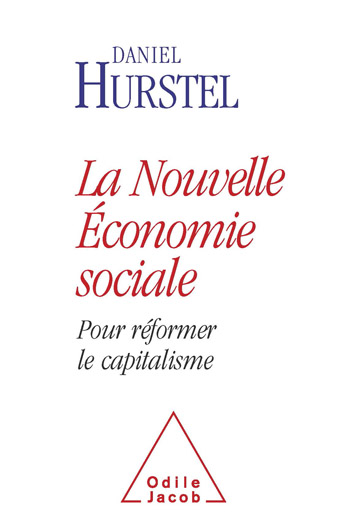
Daniel Hurstel
Socially Conscious Enterprises In Defence of Diversified Capitalism
The author argues that it is time to promote a new form of capitalism founded on socially conscious enterprises pursuing social goals though set up like other members of the business sector.
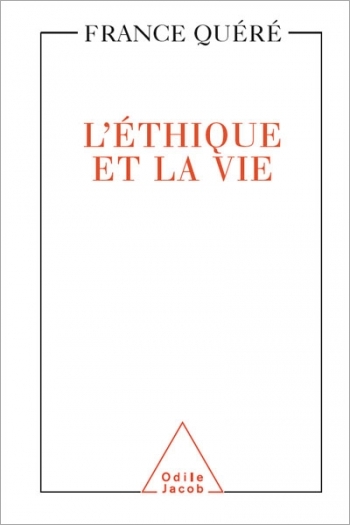
France Quéré
Ethics and Life
The recent advances in life sciences have modified our knowledge about the nature of man. Genetic engineering has given us a certain power over his future. Which principles must preside over artificial procreation and organ donation? How far can we allow genetic engineering and medical experimentations to go? What are the moral and ethical barriers of human science?
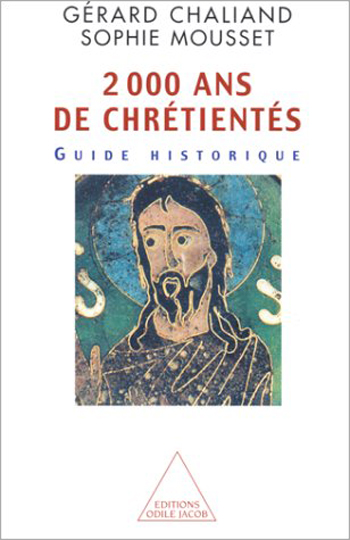
Gérard Chaliand, Sophie Mousset
2000 Years of Christianities A Historical Guide
Two thousand years of Christian thought are reviewed here through some key texts of the Christian tradition...
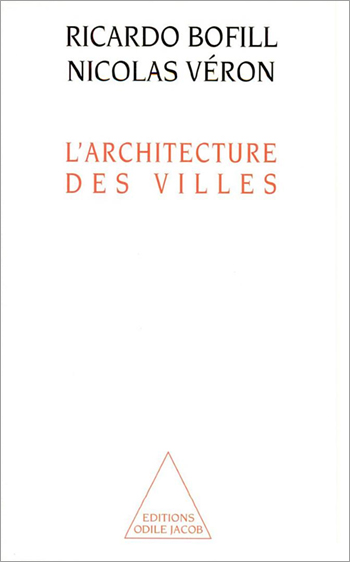
Ricardo Bofill, Nicolas Véron
Urban Architecture
What is there in common between all my designs ? What meaning can I give today to my architecture ? Without doubt, that of a desire to organise space. Due to an apprenticeship in perception, observation, and geometrisation of nature, in addition to a historical journey, I have learnt that in order to go past the initial momentum, I have to acquire the mastery of a whole new language." Ricardo Bofill Ricardo Bofill is probably one of the most famous, yet most controversial architects of his time. In this book illustrated with pictures and plans, he delivers an analysis of his art which amounts to an invitation to read the city.

